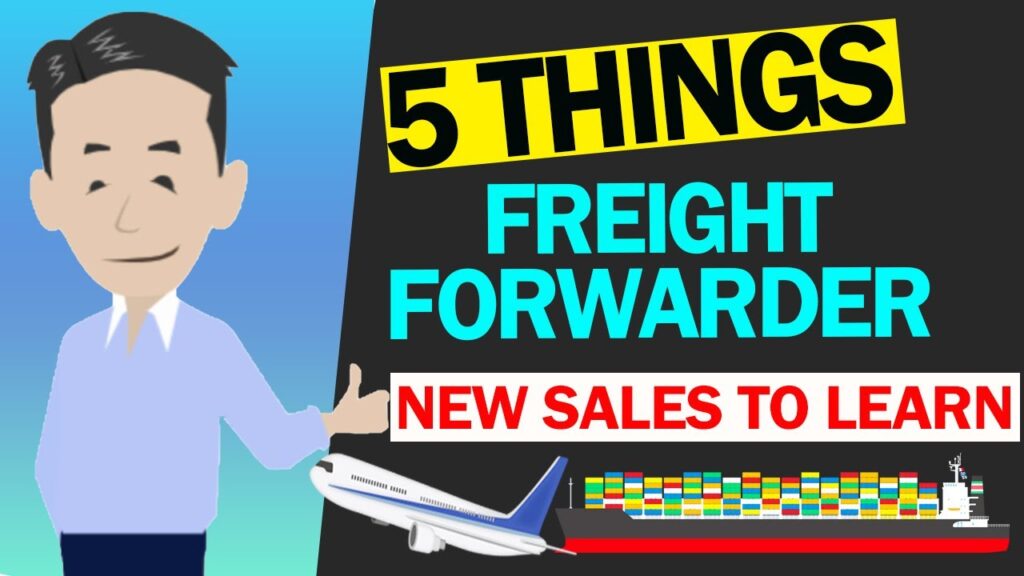
 Neko Senpai
Neko Senpai About Trade job in Manufacture and Trading Company
Explained about Trade Practices of Manufacturers and Trading Companies by Video
 Kamome Senpai
Kamome Senpai This is 6min 54sec video.

Hi there. This is IINO.
In this video, I would like to talk about the trade practices of manufacturers and trading companies.

I have experience working for a trading company before. At that time, my customers were domestic and foreign manufacturers.
I imported materials for domestic manufacturers from overseas, and sold domestics products to overseas customers.

In the past, international trading is mainly conducted by trading companies. But nowadays, both manufacturers and trading companies are importing and exporting.
The flow of trade is basically the same for both manufacturers and trading companies. I would like to explain the key points.
So, here we go!
procuring materials and selling products outside of the country

The first step is to procure materials from overseas. In this capitalist world, the basic rule is to use raw materials produced in countries with low production costs to reduce costs, and the companies make a profit.
In addition to procuring materials, there are cases that the production base itself is moved overseas. And finished products are imported using cheaper materials and labor costs.

Sales of products are not limited to the domestic market. Companies sell products made in their own country to foreign countries.
There are also cross-country sales activities such as selling products made in other countries to other countries.
This is the activities of salespeople of manufacturers and trading companies.
Why trade knowledge is necessary

To help salespeople negotiate effectively with suppliers and customers, people in the trade division need to understand each country’s logistics and regulations, to optimize costs and ensure a stable supply.
Arranging transportation with forwarders

Once a purchase or sale is completed, a transportation arrangement is required.
In international transactions, laws and regulations vary from country to country, so forwarders and other logistics agents are responsible for arranging transportation.
Manufacturers and Trading Companies Make Their Own Transportation Arrangements

Specific transportation methods and delivery dates are determined by the manufacturer, or trading company.
I recommend that you ask a forwarder about the best transportation method, if you have a new project, a logistics problem, and want to improve the current logistics.
Forwarders have a lot of practical experience and are familiar with the regulations of each country. They have ideas to optimize your logistics.

The forwarders book the shipping lines or airlines in advance to deliver the cargo to importing country, and when the cargo is ready to export, they pick up and transport it to the port or airport.
Then, customs broker makes arrangements for customs clearance, and transport company delivers to the final destination. However, it is also possible to ask these processes to the forwarder as a one-stop service.

If you have a large volume of goods to be transported, the manufacturers or trading companies themselves can negotiate freight rates with shipping lines and airlines, and make booking as well.
It is also possible to arrange customs clearance and trucking by themselves for more competitive prices.
Preparing Shipping Documents

The next step is to prepare the shipping documents.
Information such as product contents, number of items, volume, weight, etc., must be the same as the actual business transaction.
Documents mean invoice, packing list, certificate of origin, etc. Basically, manufacturers and trading companies prepare these documents.
You have to understand that these documents are used for tax purposes. Also, it must follow the regulations of each country.
Points to be noted when preparing documents

If the documents are not accurate, it can cause problems in transportation.
I have experienced a lot of problems caused by document mistakes.
If you send cargo by sea, it is important to use the invoice, packing list, and S.I (Shipping Instruction) as the basis, B/L is issued by shipping lines or forwarders.
There are many cases where the number of pieces, weight, and volume of the goods are different between the invoice, packing list, and B/L.

If the documents are not correct, the shipment will be stopped by customs. It will not pass customs clearance until the documents are revised correctly.
Otherwise, you will have a delivery problem and have to pay demurrage which is the overdue charges at the port.
Please be very careful when preparing your documents.
Delivery time adjustment, inventory adjustment, production adjustment

Manufacturers and trading companies also need to coordinate delivery dates and stock levels.
If you are importing, you need to know when the cargos will arrive in the country, how much inventory you have, and when you will use the items after it comes.
If you are exporting, you will also need to manage production adjustments depending on sales overseas.
Payment collection

Don’t forget about the collection of payments.
Since trade involves cross-country settlements, there is always the issue of credit (collection of money).
You have to collect money for sure after sending the cargo. It is important to have a bank guarantee or to collect the payment in advance.
Summary

Now let’s summarize the contents of this video.
In the trading business of a manufacturer or trading company, the trading staff will support to promote the sale and purchase of goods.
There are various types of trade, such as direct trade, indirect trade, and offshore trade. There are also multiple options for transportation.
It is important for manufacturers and trading companies as importers and exporters to communicate their requests to freight forwarders.
Forwarders have seen many projects in their business experience, so they will be able to suggest the most suitable logistics.
Other important tasks are documentation, delivery and inventory adjustments, and payment and collection.

As for the trade, there are many tasks, as I explained. Enough knowledge has to be required to the trade division people.
In this video, I will share with you various knowledge about the trade. I hope you will subscribe to our channel to learn more.
That’s it for this video. Thank you for your time.
Contact to IINO san

★Contact to IINO san★
—————————————–
FaceBook Page
https://www.facebook.com/iinosaan
Linked In Message
https://www.linkedin.com/in/shinya-iino/
Twitter DM
https://twitter.com/iino_saan
—————————————–
 IINO
IINO I’m waiting for your contact!









